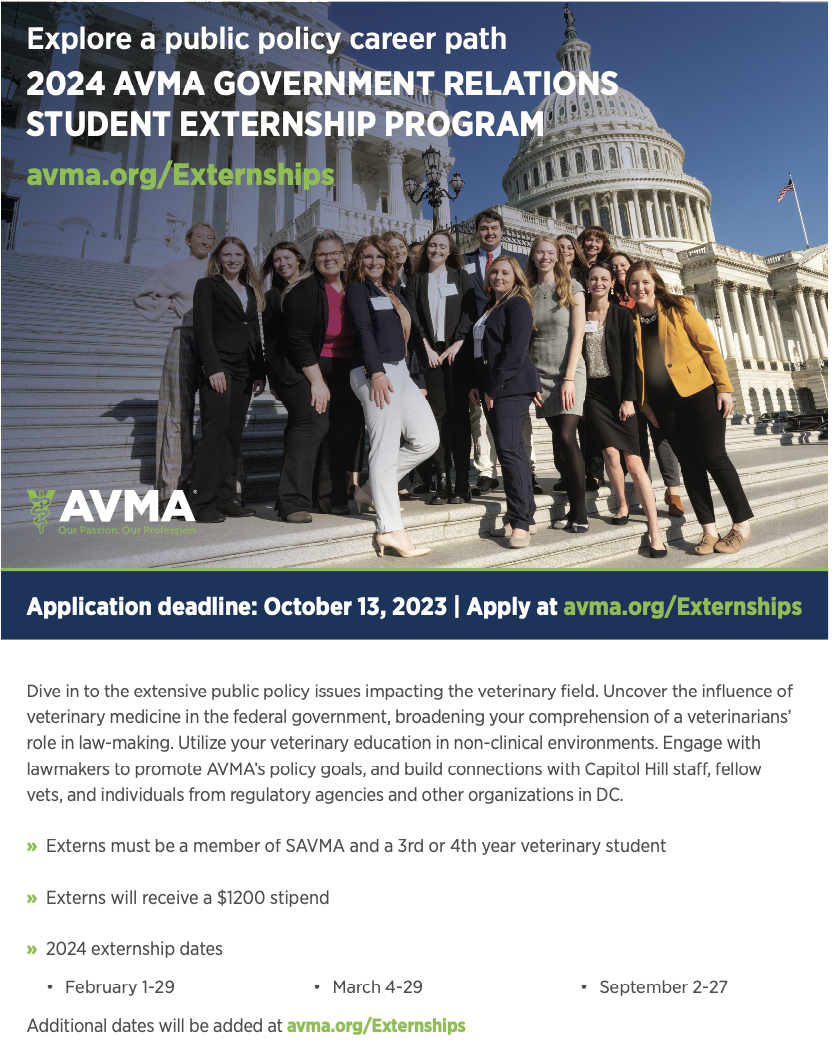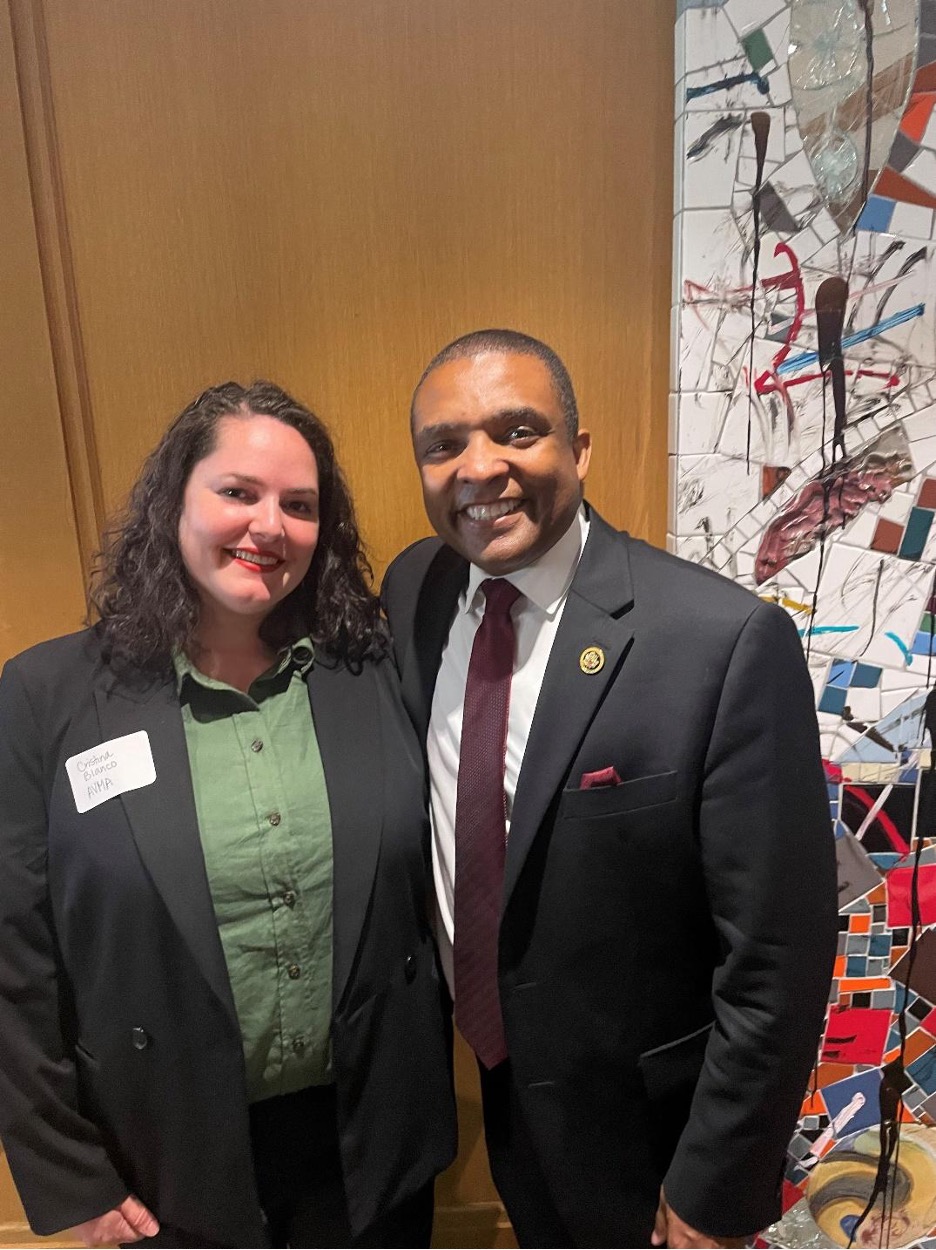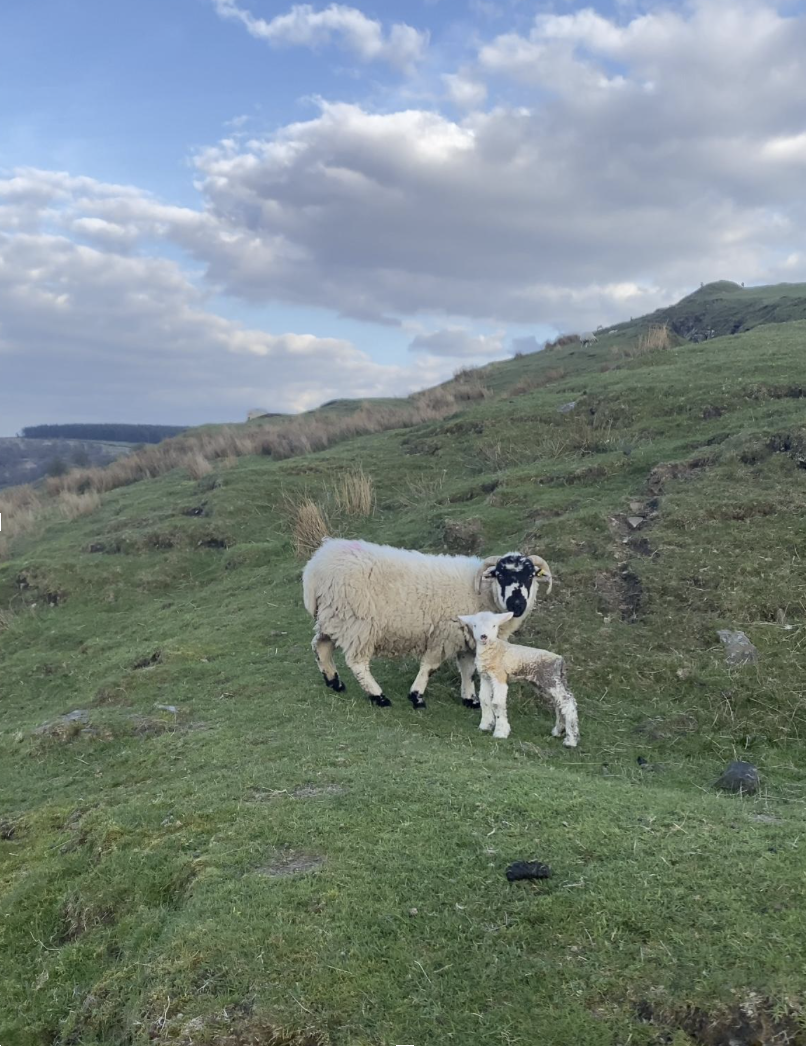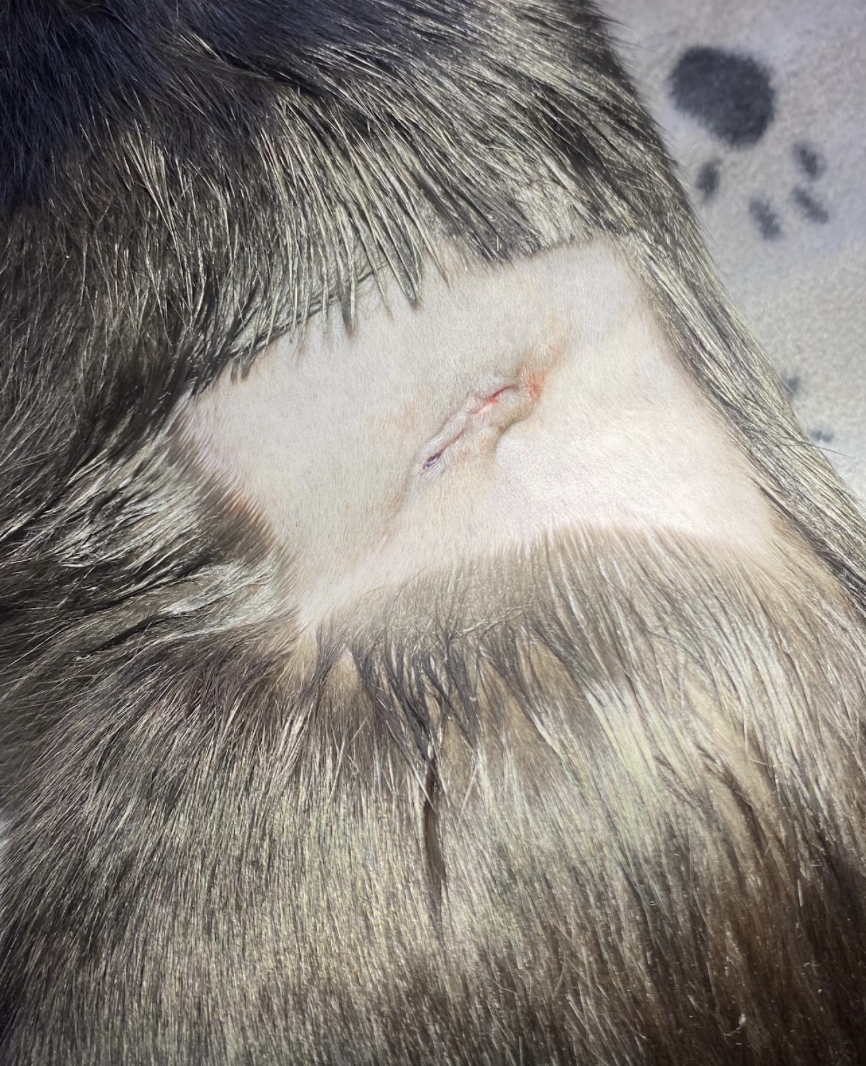EXTERNS ON THE HILL
 Thursday, November 30, 2023 at 10:00AM
Thursday, November 30, 2023 at 10:00AM Submitted by John La Bonte, University of Arizona
Endless Opportunities in a Lifelong Career
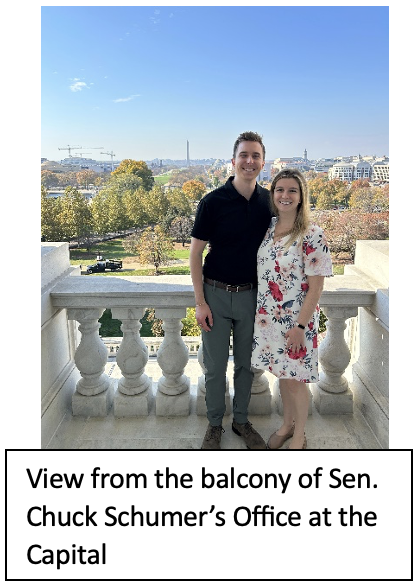 The process of applying and gaining experience before veterinary school is not the same path for all students, but we all have the same singular goal - getting accepted. While applying, most of us have an idea of what we want to do after getting those three letters behind our name without ever thinking of the other opportunities out there. Then, we get to school, and that easy straightforward path gets all jumbled with the number of opportunities presented to us. If you are anything like me and my friends, you go back and forth on internships versus mentorship, pursuing a residency versus CE applicable to our interests, and making more money in small animal GP versus pursuing a passion in equine/bovine medicine, but making less money.
The process of applying and gaining experience before veterinary school is not the same path for all students, but we all have the same singular goal - getting accepted. While applying, most of us have an idea of what we want to do after getting those three letters behind our name without ever thinking of the other opportunities out there. Then, we get to school, and that easy straightforward path gets all jumbled with the number of opportunities presented to us. If you are anything like me and my friends, you go back and forth on internships versus mentorship, pursuing a residency versus CE applicable to our interests, and making more money in small animal GP versus pursuing a passion in equine/bovine medicine, but making less money.
What I have learned from my four weeks as an AVMA Government Relations Division Extern in Washington D.C. and meeting with roughly 18 veterinarians in public service is that there are endless opportunities for us as veterinarians in the public policy world and the experience you gain is valuable toward our career. The veterinarians I spoke with worked in the U.S. Department of Agriculture (USDA) – Food Safety and Inspection Service/Animal and Plant Health Inspection Service (APHIS) , Food and Drug Administration (FDA), AVMA, Congress, U.S. Department of State (DOS), U.S. Agency for International Development, and the Centers for Disease Control and Prevention. The skills we have as veterinarians are transferrable and valued in areas outside of the hospital or field. Again, more options may seem overwhelming like they are in school, but it is also freeing to know we are not stuck if we want to change directions career-wise.
At the VBMA Western Summit last year, Dr. Kristina Yee cited a study where on average people graduating from veterinary school were ready for a career change after seven years. For her, that meant opening and running her own practice. This stat has really stuck with me because I want to continue to be a postive voice in veterinary medicine that encourages people to join the profession. . While I love being in the clinic, educating clients, and getting to help people every day, I have taken opportunities in school to explore different career options beyond the traditional path most of us will pursue. For me, this has meant exploring opportunities in One Health and seeing how I can incorporate my interest in epidemiology into my career.
The veterinarians I have met with are extremely passionate and have a desire to make an impact on a large scale. Dr. Lindsey Hornickel, an Assistant Director with the GRD, advocates on Capitol Hill on behalf of the veterinary profession to help Congress better understand the legislative needs of veterinarians. Dr. Chelsey Shivley works at USDA-APHIS as the Antimicrobial Resistance Coordinator and works to monitor antimicrobial resistance in the food and companion animal sectors. Dr. Steven Rekant, a former CDC Epidemic Intelligence Service officer, also works at USDA-APHIS as a One Health and SARS-CoV2-Coordinator. He monitors zoonotic disease reports in the U.S. and coordinates the response to those events. Dr. Jacob Merryman, a former AVMA Congressional Fellow and policy advisor at the US DOS, works on the office’s response to mosquito-borne diseases internationally. Lastly, Dr. Carmen Stamper works at the FDA-Center for Veterinary Medicine as the Health Communications Specialist where she gets to educate the public and veterinarians on newly approved drugs, general safety information, and food recalls.
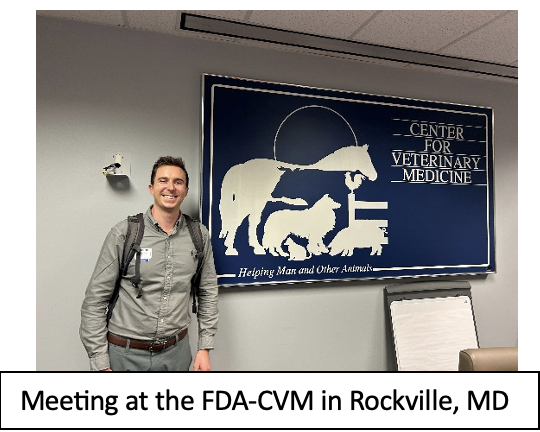 The diversity of roles that I saw veterinarians in was amazing and has encouraged me to look beyond the confines of the hospital. I graduate in August 2024, and I plan to work in a small animal GP clinic. I now plan to pursue an MPH and keep my eyes open to public service in the future. I encourage everyone to keep an open mind about their future and to know that networking with veterinarians can only benefit you. Virgina-Maryland CVM has great resources on public health veterinary medicine for any stage in your career. While I don’t know where my life will lead me, I am very excited to be a part of the profession with you all and will always keep my favorite quote in mind by Dr. Kate Baker, “you do not need to be unhappy to make a change.”
The diversity of roles that I saw veterinarians in was amazing and has encouraged me to look beyond the confines of the hospital. I graduate in August 2024, and I plan to work in a small animal GP clinic. I now plan to pursue an MPH and keep my eyes open to public service in the future. I encourage everyone to keep an open mind about their future and to know that networking with veterinarians can only benefit you. Virgina-Maryland CVM has great resources on public health veterinary medicine for any stage in your career. While I don’t know where my life will lead me, I am very excited to be a part of the profession with you all and will always keep my favorite quote in mind by Dr. Kate Baker, “you do not need to be unhappy to make a change.”

